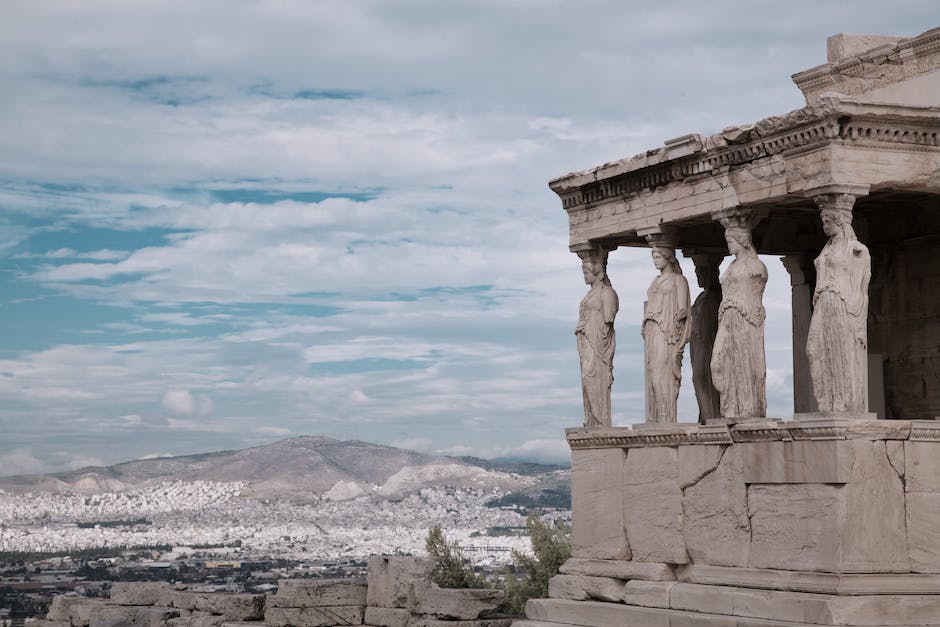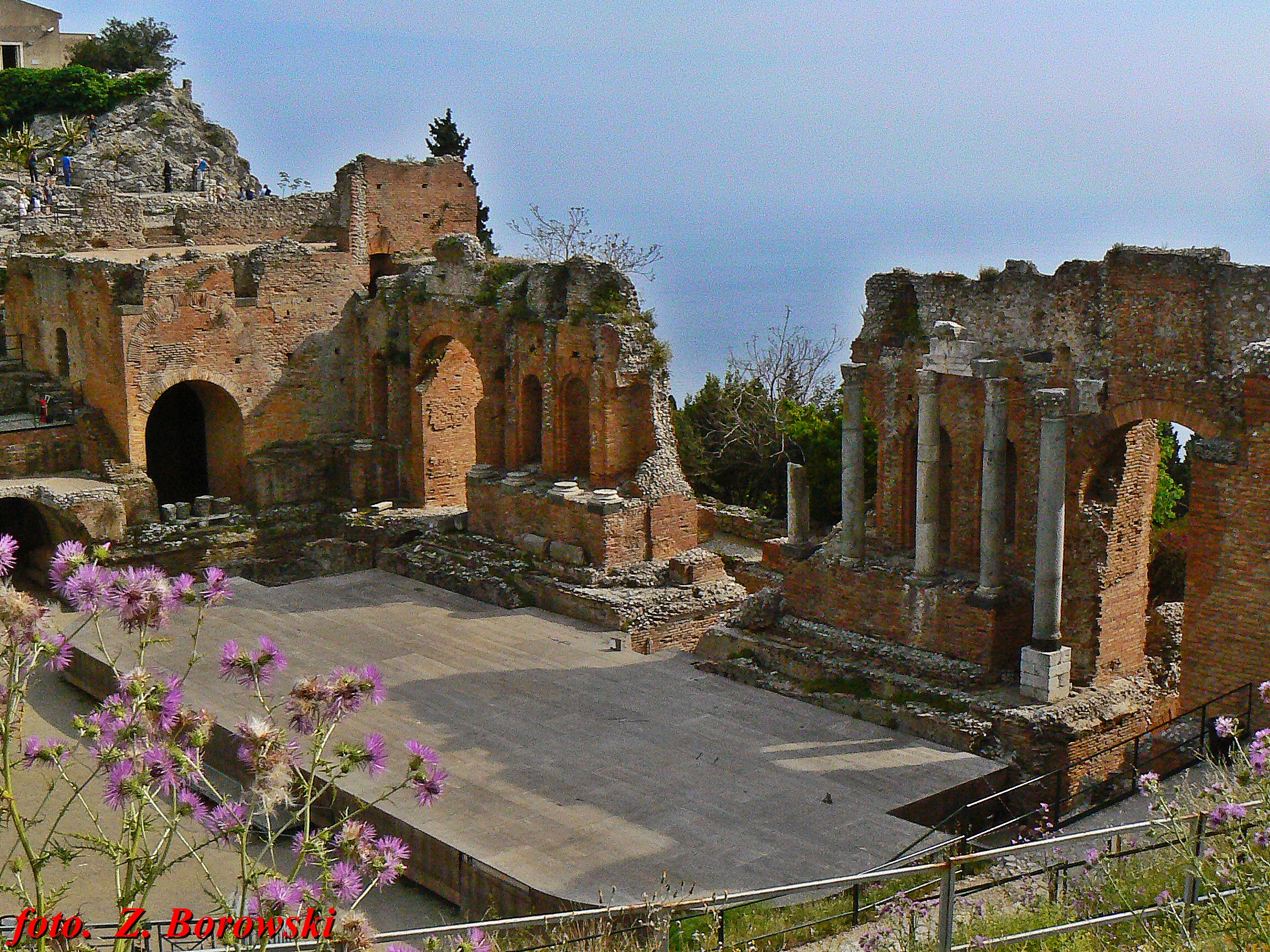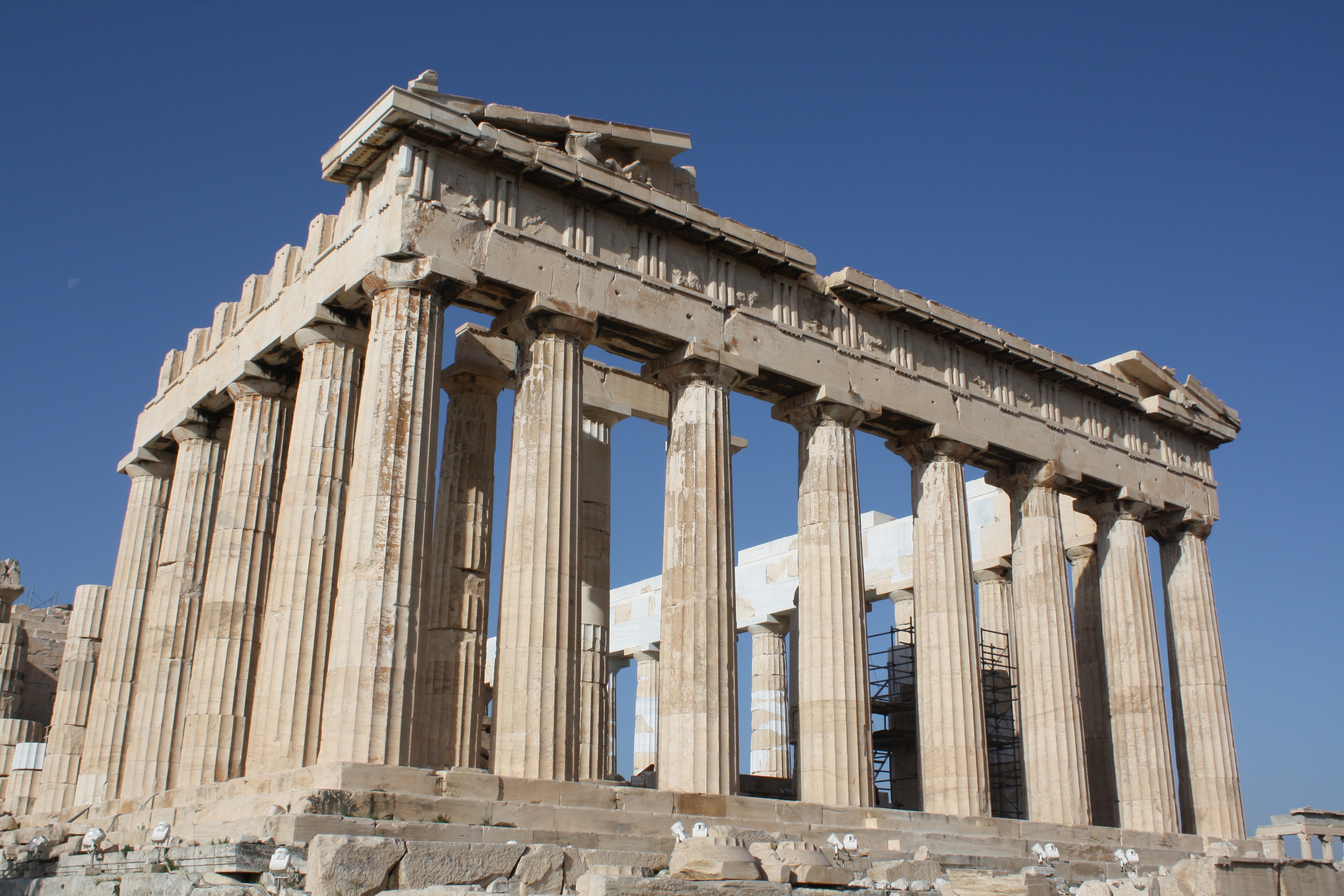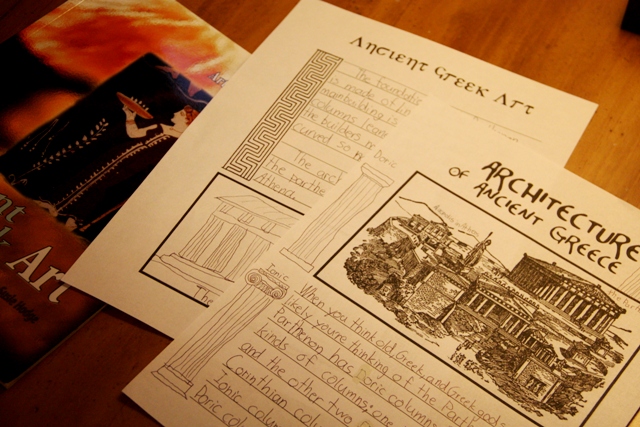In the ancient land of Greece, where gods and legends were born, there existed a remarkable art form that captured the very essence of human emotions – drama. From the hallowed halls of the theaters, where stories were brought to life, to the laughter and tears that echoed through the crowds, drama reigned supreme. It was within these hallowed walls that tragedy and comedy held hands, interweaving a tapestry of emotions that transcended time and language. As we embark on a journey to unravel the enigmatic world of ancient Greek drama, let us delve into the secrets locked within the masks and explore how this ancient art form evolved from heart-wrenching tragedy to rib-tickling comedy. Join us as we lift the curtain and peer into the depths of drama, where the emotions of the human soul were unveiled for all to see.
Aspects of Drama: An Insight into the Evolution from Tragedy to Comedy in Ancient Greece
Step back in time and immerse yourself in the captivating world of ancient Greek drama. From the poignant tragedies that stirred the souls of audiences to the uproarious comedies that brought laughter echoing through amphitheaters, the evolution of drama in ancient Greece is a fascinating journey worth exploring.
Majestic and awe-inspiring tragedies, such as the works of Aeschylus, Sophocles, and Euripides, held the hearts of the Greek audience in their grasp. These masterpieces took the viewers on emotional rollercoasters, exploring the depths of human suffering, political turmoil, and moral dilemmas. The tragic heroes of these plays, with their fatal flaws and inevitable downfalls, served as cautionary tales, reminding the spectators of the consequences of hubris and the fragile nature of humanity.
- Dramatic catharsis: Tragedies provided an outlet for the audience to experience and release their own emotions vicariously, offering a therapeutic effect to the spectators.
- Exposition of moral dilemmas: Through the portrayal of characters facing ethical challenges, tragedies encouraged contemplation of right and wrong, stimulating philosophical discussions.
- Aesthetic grandeur: The spectacular scenes, poetic language, and the larger-than-life nature of tragic tales captivated and mesmerized the ancient Greeks.
However, no theatrical repertoire could be complete without the hearty laughter bestowed by comedies. The works of Aristophanes, renowned for their wit and satire, brought humor to the stage, lifting the spirits of the audience in Athenian theaters. These comedic plays, often featuring farcical situations and mocking social norms, were a refreshing contrast to the gravity of tragedies.
In the world of Greek comedy, audiences would find:
- Social criticism: Comedies targeted politicians, philosophers, and societal norms, offering satirical commentaries on the flaws and hypocrisies prevalent in Greek society.
- Parody and wit: Lively dialogues, witty wordplay, and exaggerated characters brought mirth and amusement, providing a respite from daily life’s hardships.
- Unity and laughter: The communal exuberance that arose from shared laughter in the theater fostered a sense of unity, temporarily putting aside differences and divisions.

Tragedy in Ancient Greece: Unraveling the Origins, Themes, and Structure
Ancient Greek theater is a captivating art form that has left a profound impact on the world of drama. From the tragically sorrowful to the uproariously funny, Greek theater showcased a wide range of performances that reflected the essence of society and the human condition. Tragedy, a prominent genre in Ancient Greek theater, examined profound themes of fate, morality, and the struggle of individuals against the gods. With their origins dating back to the 5th century BCE, tragedies were characterized by solemn stories of suffering and calamity, often revolving around legendary figures or significant historical events.
Themes in Greek tragedies emphasized the innate flaws of human nature, such as hubris, pride, and the quest for power. Through these narratives, playwrights sought to explore the complexities of heroism, morality, and the consequences of one’s actions. The structure of Greek tragedies consisted of distinct elements, including a prologue, parodos (the entrance of the chorus), episodes (the main action of the play), and choral odes that provided commentary and reflection throughout the performance. These structural components blended together to create a captivating and emotionally intense experience for the audience.

The Emergence of Greek Comedy: Exploring the Evolution, Satirical Elements, and Social Commentary
The Emergence of Greek Comedy
In the vibrant tapestry of Ancient Greek theater, comedy emerged as a contrasting counterpart to its more solemn and tragic counterpart. While tragedy delved deep into the human psyche, comedy took a whimsical, satirical approach towards the flaws and follies of society. This fascinating evolution not only brought entertainment but also served as a mirror reflecting the values, beliefs, and social challenges of the time.
Characterized by its humorous and lighthearted nature, Greek comedy employed various satirical elements to tickle the audience’s funny bone while provoking thought. Playwrights like Aristophanes used witty wordplay, slapstick humor, and clever dialogues to poke fun at politicians, intellectuals, and societal norms. The bumbling and exaggerated characters often served as caricatures, embodying the flaws of the society they portrayed. Through their astute observations and sharp wit, Greek comedy became a powerful force that offered both laughter and an incisive social commentary, challenging the status quo and giving a voice to the masses.

Unveiling Ancient Greek Dramatic Literature: Recommendations for Exploring the Classics of Tragedy and Comedy
Greek dramatic literature remains an eternal testament to the brilliance and creativity of ancient Greece. From stunning tragedies that unravel the depths of human suffering to uproarious comedies that offer a momentary escape, these classics hold an enduring charm. Whether you are a seasoned literature enthusiast or just embarking on your journey into the world of Greek drama, here are some compelling recommendations to help you explore these ancient treasures:
- 1. Electra: Dive into the depths of familial despair with Sophocles’ masterpiece, Electra. This tragedy unfolds as Electra, grieving her father’s murder, seeks revenge against her mother and stepfather, defying societal norms and challenging the boundaries of justice.
- 2. The Clouds: Experience the satirical brilliance of Aristophanes’ The Clouds. This comedic gem delves into the world of Socrates, mocking his philosophical ideas and providing sharp social commentary. Explore the clash between traditional values and intellectual pursuits in this delightful and witty play.
In this captivating journey through time, uncover the intricacies of Greek dramatic literature ranging from tragic tales that tug at the heartstrings to uproarious comedies that provoke laughter. Explore the power of Greek theater through these selected works and discover the enduring impact they have had on the world of literature and performance.
Insights and Conclusions
As we venture forth from the vast expanse of ancient Greek drama, we find ourselves immersed in a world of artistic wonders. The curtains may have fallen on the tragic and comedic tales that once captivated the minds and hearts of the Hellenic people, but their legacy lingers on, forever etched in the annals of human creativity.
Through the chapters of this exploration, we have journeyed alongside the great tragedians and comedians of yore, witnessing the birth of theatrical art and its profound evolution. From the poignant tragedies of Aeschylus and Euripides, where gods and mortals collided in a storm of emotions, to the raucous comedies of Aristophanes, where satire and wit cut through societal norms like a sharpened dagger. Each play, a masterpiece in its own right, offered a glimpse into the breadth and depth of the human experience, traversing the realms of sorrow, joy, and everything in between.
In the realm of tragedy, we witnessed the cathartic release that stemmed from a tragic hero’s downfall, tugging at our hearts with tales of hubris, remorse, and fateful destinies. We felt the weight of Oedipus’ tragic flaw, the anguish of Medea’s vengeance, and the despair of Antigone’s unwavering moral compass. It is through these narratives, beset with suffering and loss, that the ancient Greeks sought solace and enlightenment, finding purpose in the act of witnessing the human condition unfold on the stage.
But, as the sun sets on the tragedies, we emerge into the uproarious realm of comedy, where laughter becomes the antidote for societal ills. Here, we encountered the bawdy humor, biting social commentary, and irreverent antics that brought about respite from the burdens of existence. Aristophanes’ sharp wit and clever wordplay took center stage, as he fearlessly dissected the absurdities of politics, culture, and human foibles, mocking even the most revered figures of Athenian society. Through the outlandish plotlines and larger-than-life characters of his comedies, we found a joyous celebration of life’s ironies and the triumph of laughter over tragedy.
Now, as we close this chapter, we reflect upon the vast tapestry of emotions and themes woven by the ancient Greeks. Their theatrical creations, whether tragic or comedic, continue to hold a mirror to our own lives, inviting us to grapple with the complexities of our existence and find solace in shared experiences. The legacy of ancient Greek drama endures, reminding us that amidst the ebb and flow of time, the power of storytelling remains constant.
And so, let us pay homage to those who unveiled the drama of ancient Greece – the visionaries whose pens transported us to realms beyond our own. Their works serve as a testament to the enduring nature of art, forever reminding us that within the realm of tragedy, and even amidst the chaos of comedy, lies the limitless potential to unveil profound truths about what it means to be human.

